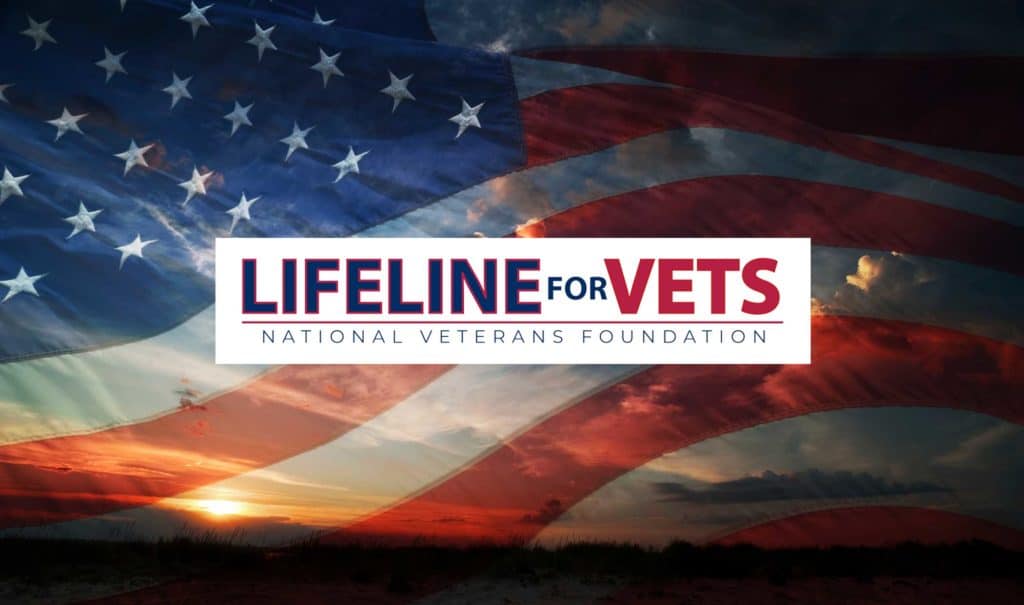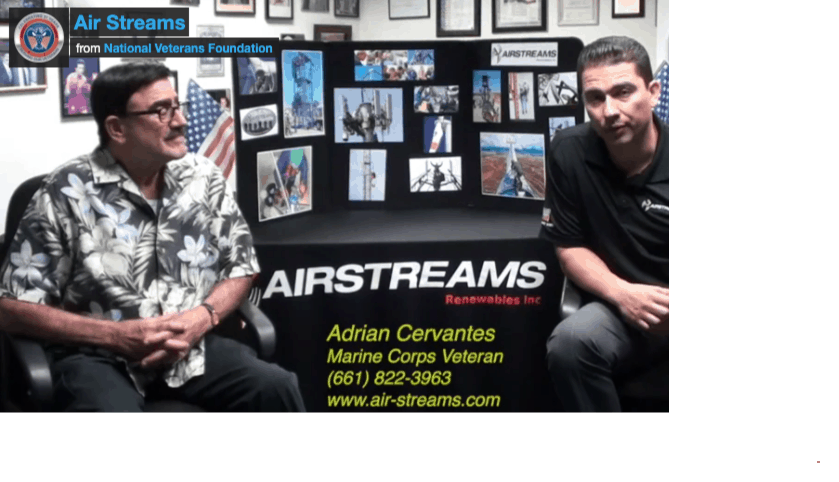Veteran Job Training Pays Off in Remarkable Ways
Many of the jobs that veterans did during their military service have no corresponding civilian equivalent. An Army rifleman or Navy missile technician, for example, can find jobs that have similarities, but it’s not a perfect fit. The skills that make veterans valuable to future employers are not tied to their military occupation specialty (MOS), but come with the more generalized training that all veterans receive.
The skills for a specific job are relatively easy to acquire and there are a multitude of government, private and professional programs that can and will promote veteran job training in the private sector. It’s the training in discipline, leadership and other – more nebulous – skills that the military gives their members that is harder to acquire in the private sector.
Visit the NVF Jobs for Veterans page here.
What makes a veteran special?
The difference between a military members training and a civilians is simple to explain, but quite difficult to understand if you have never been through it. The goal of civilian training, such as college or trade schools, is to give the trainee skills that will make him valuable and employable. Military training, on the other hand, doesn’t care about employability. Military training is about the needs of the service.
In other words, military training puts the needs of the branch of the service and of the country before the needs of the person. When a recruit repeats the oath of allegiance in their recruiting center, they are saying that their needs are secondary to the needs of the service.
Veteran job training through the private sector
There are a number of non-profit groups that also offer programs for veteran job training. Swords to Plowshares, a non-profit San Francisco-based veterans care organization, not only offer training in their local area, they also support training through grants and other organizations on a national scale.
Swords to Plowshares runs symposiums and training classes to help veterans find work in today’s shrinking market. Their goal is “helping veterans break through the cultural, educational, psychological and economic barriers they often face in their transition to the civilian world.”

Maintaining the spirit
The quality of being able to put the needs of others before their own makes veterans highly sought after for employment. Traditionally, the unemployment rate for veterans has been lower than for civilians. It is worth the cost, for civilian companies, to provide veteran job training and acquire people with this spirit of sacrifice.
The civilian sector, however, isn’t the only one that offers veteran job training. The government offers a number of different programs for the individual and for employers that are designed to promote training in fields that are in demand in today’s civilian workforce.
Training isn’t just about the job
Although the most obvious result of veteran job training is to make sure our vets have marketable skills, there are other – less obvious – benefits of retraining. By emphasizing sacrifice and the needs of society over individual desires, the military can create potential problems with veterans moving into the private sector.
Retraining brings the personal needs of the veteran back into focus and gives the trainee the ability to look past what is best for the organization. Psychologically, being able to give personal needs and desires the prominence they deserve is one of the trickiest parts of bringing veterans back into the work force.
The National Veterans Foundation is a non-profit organization. Please donate what you can to help NVF continue its valuable work helping veterans.
Sources:
VA Office of Economic Opportunity, Bureau of Labor Statistics employment data for August 2015 https://www.benefits.va.gov/benefits/docs/veteraneconomicopportunityreport2015.pdf
U.S. Department of Labor, Veterans’ Employment and Training Service (https://www.dol.gov/vets/)
Swords to Plowshares veterans’ organization (https://www.swords-to-plowshares.org/)
Veteran’s Administration, Veterans in the Workplace (https://www.va.gov/VETSINWORKPLACE/docs/Veterans_in_Workplace_Final_Report.pdf)
You can be a part of our mission to help Veterans by making a tax-deductible donation!
About the Author
SUBSCRIBE TO OUR BLOG AND NEWS!
By submitting this form, you are granting: NATIONAL VETERANS FOUNDATION INC permission to email you. You may unsubscribe via the link found at the bottom of every email. (See our Email Privacy Policy for details.)
Related Posts





